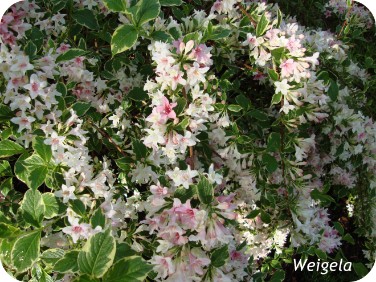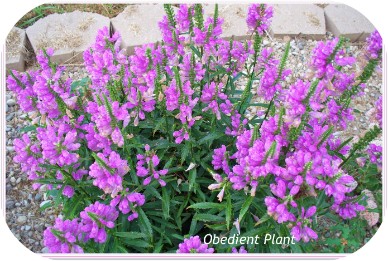HISTORY OF THE MASTER GARDENER PROGRAM
BEGINNINGS:
The Master Gardener Program originated in Washington State to enable Washington State University (WSU) Cooperative Extension Service to better serve the public - specifically home gardeners. In the early 1970's, interest in home gardening mushroomed. County Extension offices were overwhelmed with requests for horticultural information. Dr. David Gibby, then WSU Cooperative Extension Agent for King and Pierce Counties, recalls that responding to the demand for information was an "enormous problem." He tried various methods of reaching the public, including extensive use of mass media, but each effort sparked an even greater volume of calls.
Dr. Gibby, Dr. Arlen Davison (a WSU plant pathologist), and other extension personnel discussed training knowledgeable gardeners to respond to the demand. Volunteers would receive extensive horticultural training; in return they would help the Cooperative Extension provide the public with information.
In the spring and summer of 1972 they were busy with brainstorming, planning and experimentation. The planning team selected the name "Master Gardeners" and devised a plan to evaluate the use of community clinics to provide gardening information to the public. Articles and flyers announced that several Saturday clinics would be held at local shopping malls, conducted by extension agents and specialists. Dr. Gibby notes that at least 250 people came to the first clinic at the Tacoma Mall.
The next steps focused on developing procedures to train volunteers using WSU Cooperative Extension faculty as instructors. The first group to be trained came from King and Pierce Counties. Recruitment publicity appeared in several local newspapers and in Sunset Magazine. Dr. Davison remembers that at least 300 people applied for the first class. One hundred twenty applicants were selected and trained in early 1973. Spokane County later trained another 50. The Master Gardeners were in business. They served over 7,000 clients that first year.
Today, over 3,000 Master Gardeners are at work in Washingon State. In addition, the concept has spread to all 50 states and 4 Canadian provinces.


MASTER GARDENERS IN KENTUCKY:
Kathy Keeney,then McCracken County Extension Agent for Horticulture, taught the first Master Gardener class in Kentucky in 1998. A transplant from Arkansas, Kathy was very involved with Master Gardeners in that area and wanted to establish the program in Paducah and Western Kentucky. It worked! Although loosely and informally organized, the group put together the first Garden Gurus program in January 1999.
The Garden Gurus program speakers have included Jim Wilson, Paul James, and P. Allen Smith. Work began on the Master Gardener Demonstration Garden on Coleman Road, Paducah in the spring of 2000, and continues to this day with the area constantly expanding and becoming more beautiful each year.
LYON COUNTY MASTER GARDENER ASSOC:
The first Master Gardener class in Lyon County commenced in January of 2006 and was taught by Susan Fox, Lyon County Extension Agent for Agriculture/Natural Resources. Seven students completed the course. These graduates joined forces with two Master Gardeners living in the area to form the Lyon County Master Gardener Association. The Association adopted by-laws and elected officers in June of that year.
Lyon County Master Gardeners have been involved in numerous projects from writing newspaper articles to hosting garden tours to beautifying Eddyville City Park. The Association is growing rapidly both in terms of enthusiasm and numbers. If you love to garden and contribute to your community, the Master Gardener Program is for you.
Anyone interested in becoming a Master Gardener may contact Susan Fox, Lyon County Extension Agent
Tel: 270-388-2341
E-mail: susan.fox@uky.edu
The University of Kentucky is committed to a policy of providing opportunities to people regardless of economic or social status and will not discriminate on the basis of race, color, ethnic origin, national origin, creed, religion, political belief, sex, sexual orientation, gender identity, gender expression, pregnancy, marital status, genetic information, age, veteran status, or physical or mental disability.
